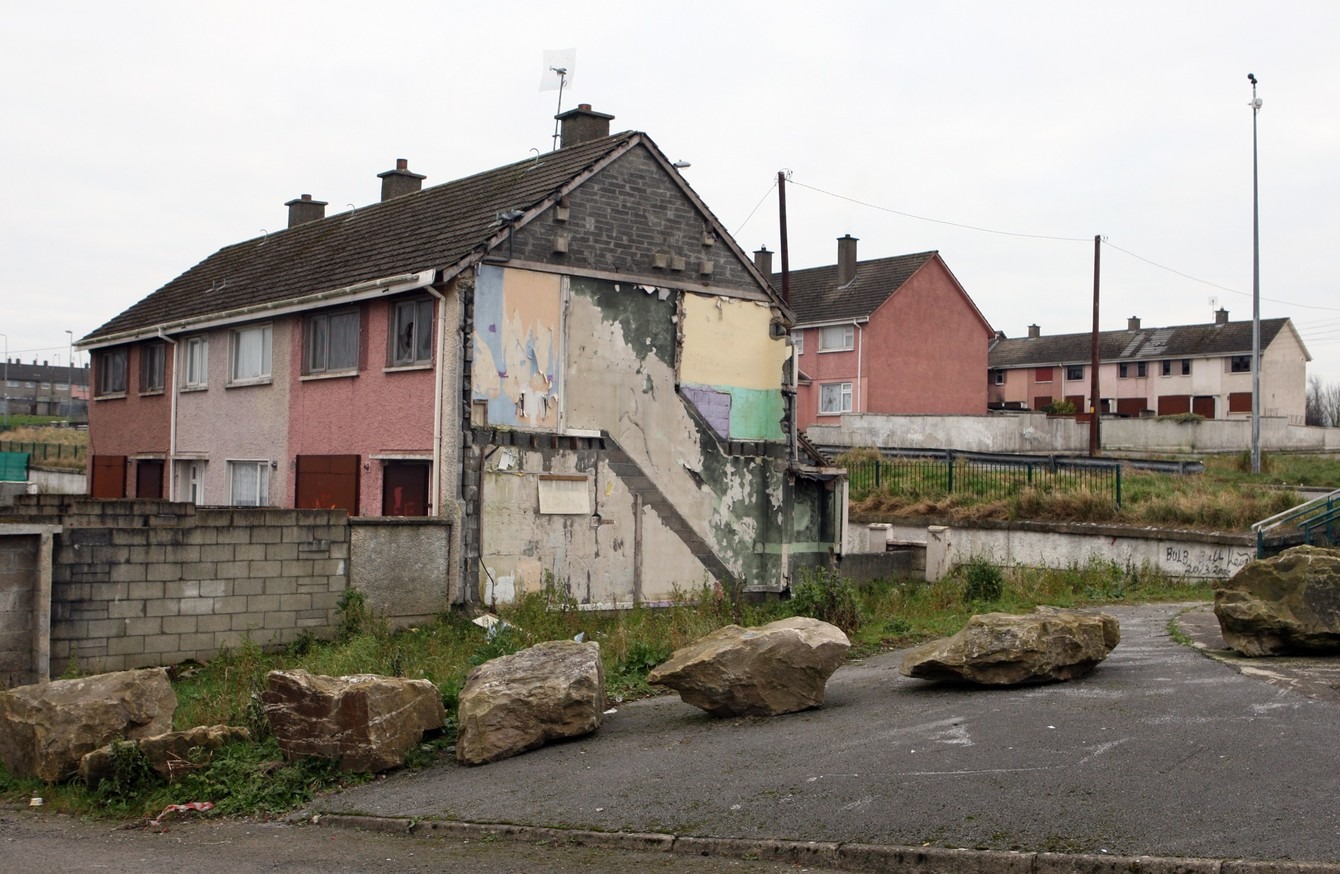In September 2019, long before the pandemic altered how we view both society and the economy, I sat down with Paschal Donohoe in his office on Merrion Street. Donohoe was preparing his third budget as Minister for Finance and the conversation veered from political philosophy to international tax reform to the legacy of his predecessors.
However, the central theme of the interview was capitalism and society. Donohoe cited Capitalism without Capital, the 2017 book in which economists Jonathan Haskel and Stian Westlake forcefully argued that the rise of intangible investment was an underappreciated cause of economic inequality and social disconnect.
In the past, people had a physical understanding of capital. It was a factory. It was a road. It was an engine. But the changing nature of the economy meant capital was becoming a piece of code, a brand or even a logo. The concept of wealth was moving from tangible industry to less tangible ideas.
In their book, Haskel and Westlake identified the rise of populism and unilateralism as a reaction to this yawning chasm of wealth between corporate behemoths and rank-and-file citizens.
An economy based around intangibles is great for educated city people who work in service industries. For everyone else, it’s perhaps not so good. Critically, the wealth created by these industries drives up everyone’s cost of living. Donohoe was concerned about what this would mean for society and societal expectations.
“If there is never a feeling of progress being made in an economy or society, it can have a fundamental effect on how communities can feel about themselves,” Donohoe told me.
I could not help thinking about that quote in recent days. Unfortunately, far too many people feel bad about themselves. Far too many people have been priced out of the housing market. As the recent data from Daft shows, the number of homes available to rent has fallen close to historic lows, while rents have increased sharply. Surging inflation has forced the government into a panicked response.
The wealth divide is growing. Those working in certain sectors of the economy are flourishing. Others are stagnating. I have written in the past about a twin-track economy between multinational and indigenous industries; now, there are more than two tracks.
And this is causing issues with societal cohesion. It is why so many people are angry about the current government, and why they are leaning towards Sinn Féin. They see all the new reports about Ireland’s booming economy, and they feel disconnected from it. They feel left behind, disenfranchised, and marginalised.
The most obvious manifestation is the housing crisis. But there are other areas of conflict too, such as pensions and security of work. The yawning chasm between the haves and have nots that Donohoe was so worried about three years ago sadly is becoming a reality.
Stephen analysed this in his column last week when he argued that inflation represents yet another segregation in our economy – between those who can cope with rising prices and those who cannot. He wrote:
“One thing we miss far too often is how expensive it is to be poor. Not having liquid cash means you pay proportionally more for electricity, for motor tax, for internet connections, for travel, and you pay more in time as well. I have never seen serious public commentary on the costs of living in conditions of near-poverty. This is presumably because most public commentators have absolutely no experience of living this way. I do.”
It is a wonderful column, and it is well worth a read. But it was also a point made by Declan Black, the managing partner of the law firm Mason Hayes & Curran, who spoke to Tom last week.
Black said his biggest concern economically was the threat of inflation. “I am not an economist, but I worry about inflation more from a societal perspective than from an economic perspective as it tends to corrode trust in democracy and promote extremist ideologies,” Black told Tom. “When you have got an economy that is running hot that can exacerbate income inequality between the haves and the have nots.”
This is the type of deep division now evident in France, where Thomas spent the past week charting the start of the presidential election campaign for an in-depth article and podcast.
*****
Elsewhere last week, we talked to Domini Kemp and Brian Montague, who are behind Valence Hospitality, a new fund planning to build a group of bespoke restaurants. They explained to Tom what type of eateries they are interested in buying, and the returns on offer to investors.
As he transitions from managing director to the chairman of Hastings Hotels, Howard Hastings reflects on steering the business through the pandemic, the future of hospitality and the lessons he learned from his father.
Rules brought in after the Celtic Tiger improved the quality of Irish housing dramatically. So, how does the quality of Irish homes now compare to European peers? Ronan Lyons had the answers.
On the basis of his word alone, a property investor tried to convince Revenue he was entitled to €750,000 in loss relief arising from a string of major property deals. It didn’t go well. Rosanna outlined the story.


